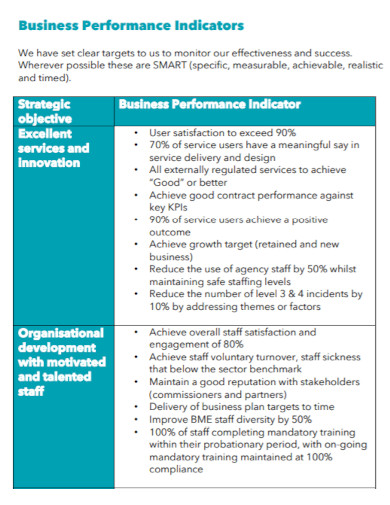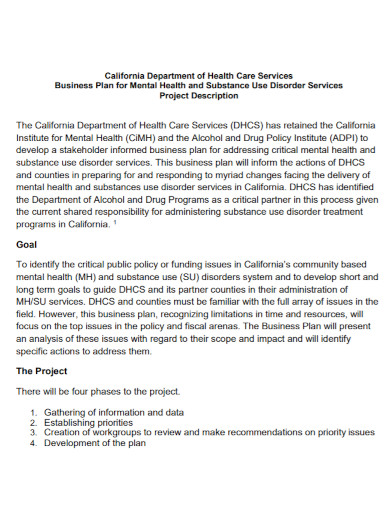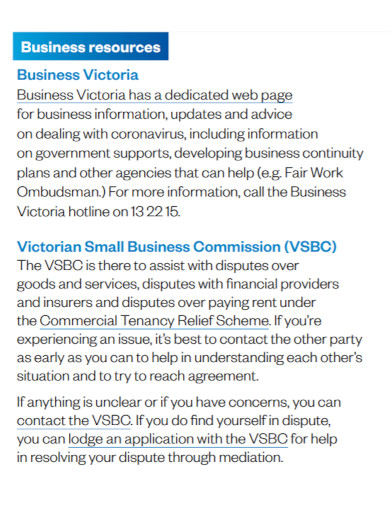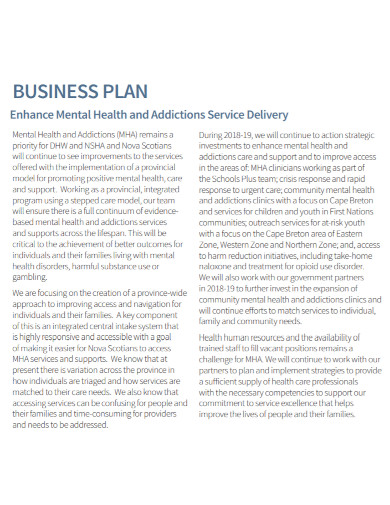Mental Health Business Plan Examples to Download
Recently, the important role of mental health has been widely acknowledged by many countries and communities around the world. Despite the progress, people with mental health conditions remain victims of human rights violations, discrimination, and stigma. With extremely low treatment coverage, the gap between people needing care and those with access to care remains substantial. This is why mental health businesses, in the form of mental health hospitals and counseling centers, among others, are booming to allow more and more individuals to get access to the care they need. Likewise, your goal in setting up a mental health business is to significantly increase the number of people with psychological conditions gaining access to the support they need in managing mental health issues. However, like many other businesses, you need a roadmap to better guide you in structuring, running, and growing your mental health business.
Generally, creating a business plan takes a complicated process. There are a lot of aspects you need to look into in order to make your business a success. This is why it’s quite hard to choose where to start in creating your business plan. But fret not because we give you more than three business plan ideas through our examples and templates below.
3+ Mental Health Business Plan Examples
1. Mental Health Business Plan Template
2. Business Plan for Mental Health
3. Mental Health Small Business Plan
4. Standard Mental Health Business Plan
What Is a Mental Health Business Plan
So your vision is to help people with mental health conditions get access to the services they need at an extensive rate. Now to make your vision possible, your first mission is to create a business plan. A business plan will guide you through each stage of your mental health business; from starting to managing. Through this, you can think through the key elements of your business — funding agreement, budget, investors, and more.
How to Write a Mental Health Business Plan
You need to have a written business plan for your behavioral health practice. With it, the likelihood of achieving a successful mental health business becomes relatively higher. But, how do you write it? Before we get started with the process, please remember that a business plan should include the executive summary, company description, market analysis, organization and management chart, marketing and sales, funding request, and financial projections. Also, don’t forget to include services and/or products. You might want to consider providing learning resources that can help patients diagnosed with mental health problems themselves or the people who want to help them.
Without further ado, let’s get started!
Tip 1: Conduct Thorough Research
Know more about the different aspects of mental health and be sure it lines up with your goals and objects. Research and analyze the services or products that you plan to provide — understand how they can help people who are suffering from mental health issues.
A little suggestion, try to research the various interventions made by other mental health providers; analyze their effectiveness and which areas do they fail. This will help you make innovative psychotherapeutic interventions that can potentially address treatment gaps in the past. In other words, know your company, what you provide, your competition, and the market intimately.
Tip 2: Determine Your Purpose
A business plan is a written document describing the nature of your business, the sales and marketing strategy, financial background, and the profit and loss statement. As such, you should have a clear purpose as to why you are establishing a mental health business. This is why research is imperative in your business plan.
Serving as a roadmap that provides direction for your business, it’s important to keep in mind if you’re self-funding or building your company from nothing else but personal savings or cash from the first profit — in your case, you may have a long way to go. So, determine if you’re planning to attract investors or not. If you do, write your plan in a way that targets them.
Tip 3: Have Your Strategic Marketing Plan Ironed Out
Map your marketing strategy to give you a clear guide in effectively reaching your target market. Be creative in thinking about how you introduce your services. For this, your marketing strategy might include venturing into digital marketing. There is a number of mental health providers who were able to expand their reach with the help of a digital marketing agency.
But, of course, be sure to personalize your business plan. This will aid you in creating a concrete marketing strategy.
Tip 4: Include the Clinical Aspect of Your Business
Make your business plan tailored to your behavioral health practice. For this, think about the clinical aspect of your business. Take the following into consideration:
– The clients’ demographics, age group, and conditions
– Clinic location (rent or buy a space or at home)
– The therapeutic approaches you will take
– Prospective behavioral healthcare provider partners
– Telehealth
– Counseling Treatment Plan
These are just a few of the considerations you need to look into with the overall operation. If you have anything else in mind, include them in your business plan. It might help.
FAQ
What Are the Main Purposes of a Business Plan?
There are three main purposes of a business plan, which include (1) creating an effective business growth strategy, (2) determining the company’s future financial needs, and (3) attracting investors.
Is a Business Plan the Same as Marketing Plan?
No. A business plan covers the business as a whole, including the overall strategy, financial plans, target markets, sales, services and/or products, operations, and their relation to each other. On the other hand, a marketing plan focuses on the marketing strategy (target market, messaging, platform, etc.).
How Does a Business Plan and Marketing Plan Relate with Each Other?
Your marketing plan provides how your company will achieve or exceed its purpose and mission. The purpose and mission should be identified in the business plan.
You can neither go right nor wrong in writing a business plan. What matters is that your plan is able to achieve, if not exceed, your needs and expectations. If you’re puzzled about how to begin with your business plan, feel free to browse for more of our business plan examples and templates, such as:
– Daycare Business Plan
– New Business Plan
– Small Business Plan
– Cafe Business Plan
– Bakery Business Plan






